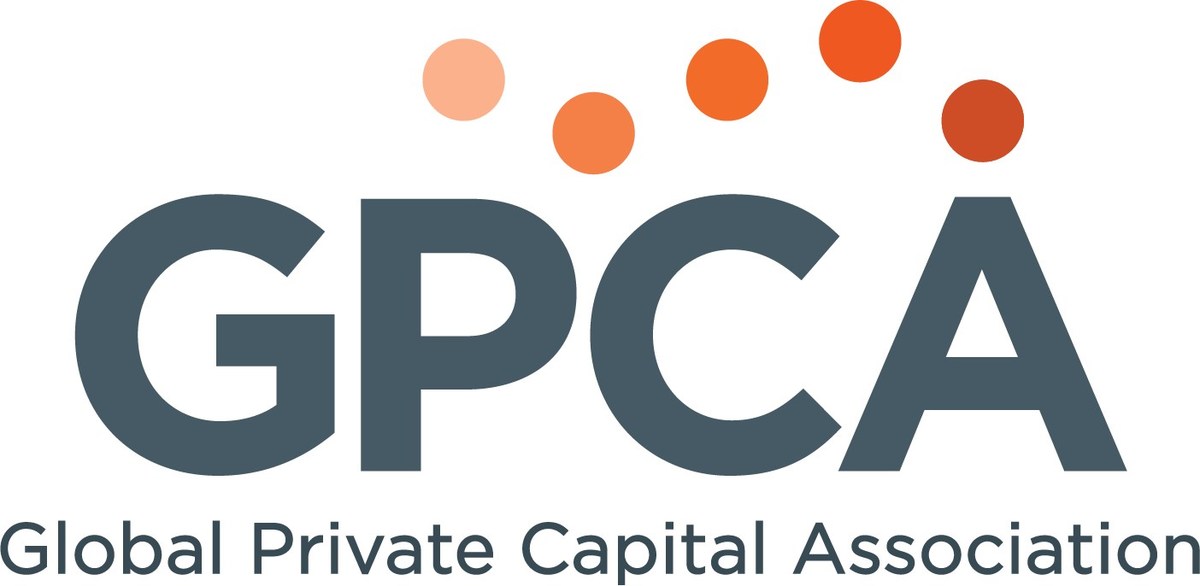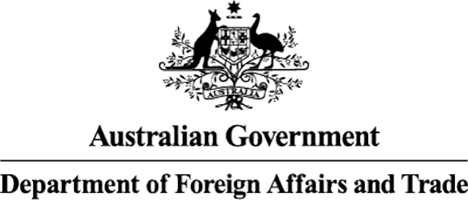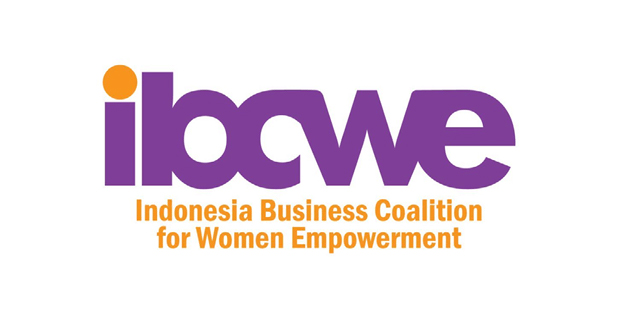Where We Work
Indonesia
– McKinsey Global Institute 2018
Summary
Indonesia has made recent progress on women’s economic empowerment. Indonesia’s Global Gender Gap Index ranking improved from 92 in 2022 to 87 in 2023, including an increase in the share of women in legislative, senior, and managerial roles from 29.7% in 2021 to over 30.0% today. In 2022, Indonesia enacted the Law on the Crime of Sexual Violence, which addresses physical and nonphysical sexual harassment in employment and provides for criminal penalties and civil remedies.
However, despite these achievements, challenges remain in securing economic opportunities for women. Female labour force participation (53.3% in 2023) has been stagnant for two decades and remains low in comparison to the regional average of 56.6% for Southeast Asia. A 2022 report by the World Bank identified marriage and having children are reliable predictors of women exiting the labour force in Indonesia, with many (around 40.0% of women) not returning to wage work afterwards, opting for entrepreneurship or self-employment instead. The role of women in the economy is a critical part of Indonesia’s labour productivity challenge, which is constraining the country’s growth potential.
Investing in Women recognises the challenges faced by women in Indonesia and works with local and regional organisations to reduce the barriers to their economic participation.
Structural, economic, and socio-cultural challenges are inhibiting Indonesian women from achieving economic participation.

Economic Participation
- Indonesia faces a 28.6% gender gap due to the relatively stagnant female labour force participation rate of around 53.3% over the past two decades, in contrast to the 81.9% male labour force participation rate (ILO Modelled Estimates using latest data; last accessed: February 2024)
- Women in Indonesia hold 8.3% of board seats, 5.2% of board chair positions, and just 3.1% of CEO roles, indicating a notable gender gap in corporate leadership. (Deloitte 2022)
- The percentage of women in senior and middle management positions is at a low 19.4%, compared to men at 80.6%. (ILO STAT using latest data; last accessed: February 2024)
- Women spend more than twice as much time as men on unpaid care and domestic work, with 18.5% of their day compared to 8.2% for men. (UNWOMEN 2023)
-

Educational Attainment
- In Indonesia, girls outperform boys in school completion rates: 62.8% for girls and 63.6% for boys in upper secondary school, 90.2% for girls and 86.0% for boys in lower secondary school, and 97.6% for girls compared to 95.7% for boys in primary school (UNICEF Data Warehouse using latest data; last accessed: February 2024)
- The ratio is 39.0% for females and 33.8% for males, showing a relatively high overall enrolment with females leading. (ASEAN 2022, citing UNESCO Institute of Statistics using latest data)
- Indonesia’s percentage of female tertiary graduates from STEM programs stands at 37.4%, reflecting the presence of women in science and technology education. (World Bank 2020, citing UNESCO Institute of Statistics using latest data)

Health and Survival
- In Indonesia, the adolescent birth rate is 36.1 per 1,000 women aged 15-19, which suggests that a significant number of young women are entering motherhood, which may lead to higher health risks and potentially affect their education and economic opportunities. (WHO Global Health Observatory 2023)
- With 94.7% of births attended by skilled health personnel, Indonesia demonstrates a strong healthcare support for mothers and newborns, which is crucial for preventing potential mortality. (WHO Global Health Observatory 2023)
- The country has 63.2% of births taking place in health facilities, indicating a moderate level of institutional birth coverage, essential for handling complications during childbirth. (WHO Global Health Observatory 2023)
- A significant 90.6% of women receive antenatal care four or more times, indicating widespread access to and utilisation of health services during pregnancy. (WHO Global Health Observatory 2023)
- 14.0% of women aged 20-24 were married or in a union before the age of 18, indicating a prevalence of early marriage which can have implications on their personal development and autonomy. (WHO Global Health Observatory 2023)
- In Indonesia, 22.0% of women have been subjected to at least one incident of violence by an intimate partner during their lifetime, with 20.2% of women believe that a husband is justified in hitting or beating his wife. (OECD Data Explorer 2023)

Political Empowerment
- Indonesia has a 20.70% representation of women in ministerial level positions. (World Bank 2022)
- There has been a gradual increase in the percentage of parliamentary seats held by women, from 17.1% in 2015 to 21.6% by 2023. This trend indicates a progressive enhancement in gender representation in national governance. (UNESCAP 2023)
- The proportion of local government seats held by women in Indonesia has seen an increase, going from 14.4% to 15.7%. This reflects a positive movement towards greater gender representation in local governance. (UNESCAP 2023)







